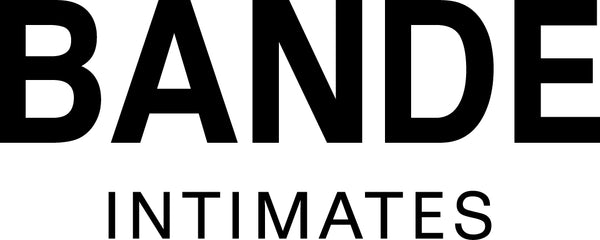
Lost In The Mirror
Share
The Times recently reported that young women are more likely to be off work due to mental health issues than looking after children—a dramatic reversal of a long-established pattern.
There was a time when self-discovery was about exploration and self-reflection. But has it become an unhealthy obsession? We’ve been sold the idea that the path to happiness is found through relentless self-examination, micro-managing our emotions, and defining ourselves with labels.
We are bombarded every day on Instagram, TikTok, and podcasts. We start to observe ourselves through silos, hyper-focusing on our image and identity. Yet, rather than feeling more liberated, we seem to be more anxious and more self-conscious than ever. So, is our obsession with ‘finding ourselves’ actually harming us?
Self-reflection can be extremely helpful in nurturing our close relationships and helping us resolve conflict and process past issues. However, when it becomes excessive, it can lead to overthinking and anxiety.
The Age of Overthinking
Today, we are relentlessly advised to understand ourselves in microscopic focus—our purpose, our past traumas, our ‘authentic selves’—as if life were an algorithm waiting to be hacked.
Social media feeds are crammed with self-help soundbites, mental health jargon, and a constant encouragement to look inwards. And while self-awareness is important, too much introspection can tip into dangerous territory.
A mounting body of research over the last decade suggests that excessive self-reflection can fuel anxiety, depression, and self-doubt. The more we fixate on who we should be, the more we feel we aren’t enough. The more we focus and analyse our emotions, the more overwhelming they become. The anxiety we feel stops us from being present and in the moment.
What's Causing the Anxiety Epidemic?
We’re constantly being watched, rated, and measured. Platforms like Instagram and TikTok encourage ‘body-checking’—the obsessive scrutiny of how we look—while self-improvement trends tell us we should be meditating, journaling, and biohacking our way to perfection.
Gen Z and Millennial women are navigating toxic work environments, unrealistic expectations, and the blurred boundaries between professional and personal life. And let’s not forget the unpaid emotional labour we’re expected to perform daily.
The backlash against hustle culture has led to the romanticisation of ‘opting out,’ with influencers encouraging quitting at the first sign of stress. But rather than offering real relief, this narrative is making resilience feel outdated, leaving many women feeling fragile rather than empowered.
The Self-Focus Trap: How to Escape
The good news? There’s a way out of this self-obsession cycle—one that doesn’t involve hours of journaling or figuring out your ‘attachment style.’ It’s about shifting focus outward and remembering that life is meant to be lived, not just analysed.
Stop Searching for Yourself: You are not just a puzzle to be solved. Give yourself permission to change, to contradict yourself, to not always know.
Limit the Scroll: Constant scrolling on social media will make you feel like you’re failing. Set boundaries. Find joy in the offline world.
Be Less Head, More Heart: Get out of your head and into action. Take up a hobby, learn a skill, volunteer, move your body—anything that shifts the focus away from internal scrutiny.
The Takeaway
They say that only good things can come from approaching life with love. Perhaps we need to truly love ourselves, to embrace our imperfections, uniqueness and project that love to the world around us, rather than adding more oxygen to the anxiety inferno. Perhaps the pursuit of happiness is simpler than we think.
